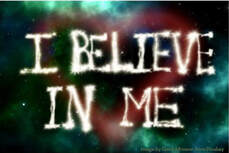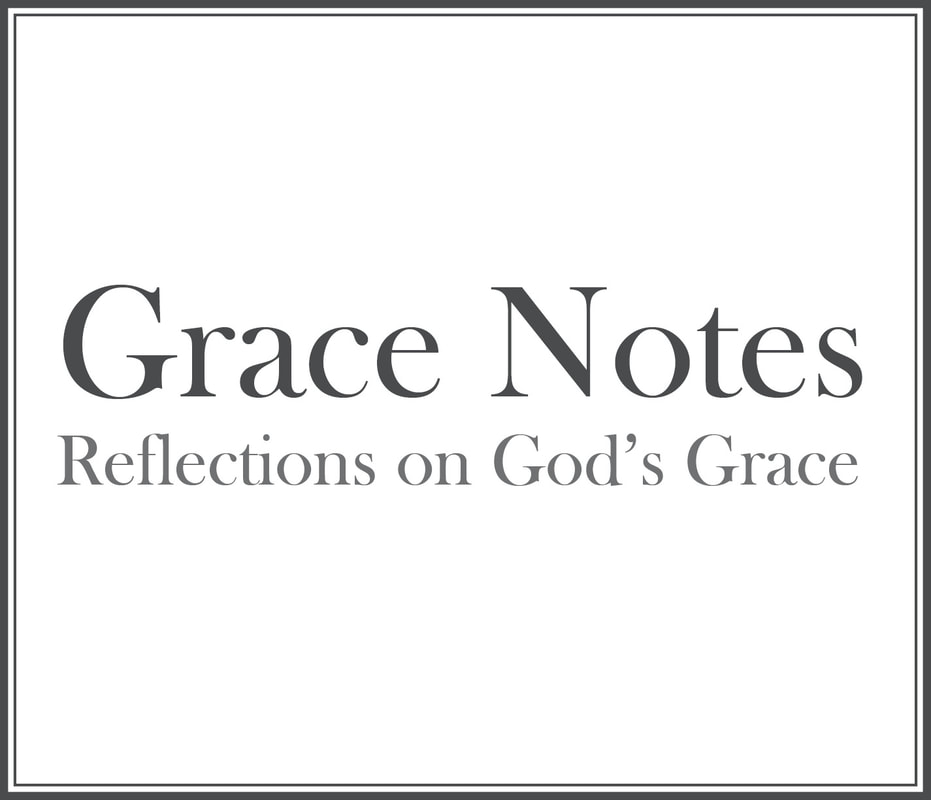 In the pre-modern age, asking the question, “Who needs God anyway?” would have been unthinkable. Everything in heaven and earth was an expression of the transcendent reality of the divine. Today, this question is a quite mainstream question, even a rhetorical question that assumes the answer is, “No one!” Now, there are still plenty of folks who would answer that we all need God in some way. We might bemoan the fact that so many people even think such things. We might blame the problems of the world on those who don’t think we need God. If we are honest, however, what we mean by God has morphed for all of us. We may still hold that we need God, but not be sure why. We may hold to faith in God as a value, but our faith is quite different from a world where the rule and centrality of God were assumed. We all live in a world, no matter our answer to this provocative question, which rejects the transcendent in favor of the immanent. In other words, if something, even God, is not of personal importance and possesses concrete existence in the here and now, it is not real or relevant.
Andrew Root, in his book, Faith Formation in a Secular Age, points out that rather than a view of God as something that transcends my personal life, we often subscribe to something called “Moral Therapeutic Deism.” He explains the term this way: “moralistic” (God wants me to be a good person and not a jerk); “therapeutic” (God or religion should help me feel good); and “deism” (God is a concept to decorate our lives with but not an agent who really does anything). This way of thinking among the faithful along with the growing reality of “nones” who claim to be spiritual but not religious are not problems but symptoms of a larger change. The larger change we face is secularization which has steadily evicted the notions of sacred and holy things from culture and our own consciousness. Faith is no longer about my life connecting to something divine and beyond my own existence. It is instead a means of becoming who I want to be, a tool for self-actualization. This has led the church to struggle with its very existence. The church, which is by its nature, a sacred thing solely predicated on that which is beyond us, is now a market for “spirituality,” selling Jesus as one more thing to have a “good life.” The church has, in my estimation, lost its way as we too become more secular and less sacred. Root describes a meeting he attended where church folks were planning a way of “involving more youth.” “We talked about faith absent any language of transcendence or divine action. Here we were talking about “faith,” and yet we had made no assertions about faith having anything to do with a realm beyond us, with a God who comes through death and resurrection, Spirit, and transformation… It was as if faith formation had as its goal (telos) keeping people in the social/cultural institution and had little to do with a divine order finding footing and movement in the present.” (p. xvii -xviii) As our leaders gather this week to do strategic planning, our challenges will be multiple, for sure. Among them will be the call to not be swayed by the siren song of secularity, which will drive us to be just like the culture – busy, self-focused, offering self-help instead of the gospel. We will be challenged not to fall for schemes that try to re-establish “the way things used to be” because those ways have died. A new world exists. Simply trying to return to a previous memory that never really was will not help. It seems to me that the church, more than ever, will need to find ways to be slow in a world that busily embraces speed. We will need to be about finding something larger than ourselves as a reason for being. We will need to offer a community that completes us and a relationship with the world and all creation that allows us to see and experience the holy. When our efforts to “busy” our way into being fail and we feel guilty that we are less than all we could be; when the result is heaps of guilt and shame on our souls, the church will need to offer the transcendent grace of the one who revealed God in our midst – Jesus Christ our Lord. The truth is, we need God desperately and we must meet God all over again to figure this out. Pax Christi, Tim Olson – Lead Pastor
0 Comments
Leave a Reply. |
Categories
All
Archives
July 2024
|


 RSS Feed
RSS Feed

